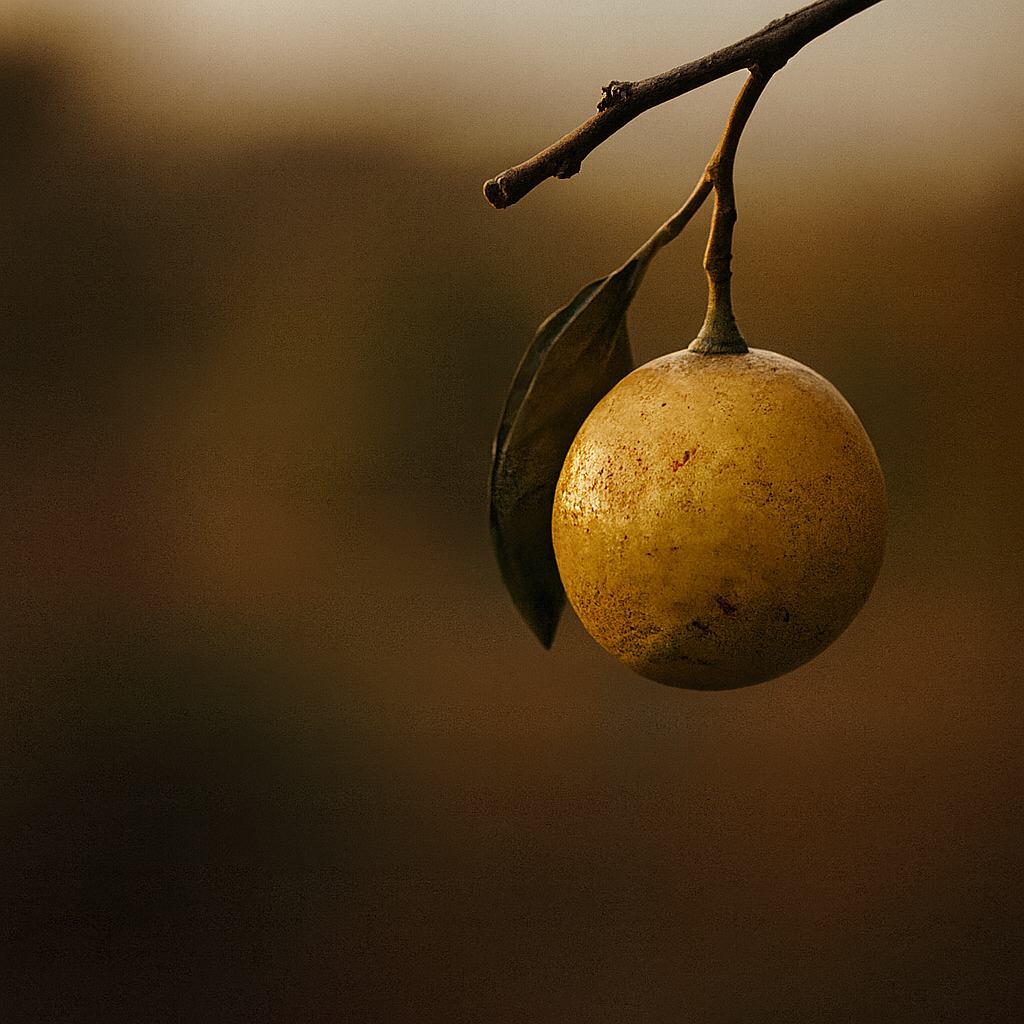When Enough Is Enough

fruit hanging on a tree
“As he let the empty gourd fall from his hand and was about to pluck a second one, it came into his head that he was now neither hungry nor thirsty… Yet something seemed opposed to this 'reason.' …Perhaps the experience had been so complete that repetition would be a vulgarity—like asking to hear the same symphony twice in a day.”
—C.S. Lewis, Perelandra
The scene is so quiet, it almost slips past.
A man tastes fruit for the first time on a new world.
The sweetness, the coolness, the sense of being met by something alive—
it fills him, body and soul.
Then he hesitates.
His hand reaches for another piece,
but something in him whispers: enough.
This is the liminal space between receiving and reaching.
Between letting joy arrive and trying to own it.
The first taste was pure gift.
The second would be different—
not wrong, but changed.
A little less wonder,
a little more grasping.
I feel that moment in my own life:
- When I scroll to chase a feeling I’ve already had.
- When I sip again, nibble again, watch again,
not because I am hungry,
but because I want to hold the moment still.
The first experience comes as invitation.
The repeat becomes control.
And something of the sacred slips away.
C.S. Lewis gives us more than a lesson in self‑control here.
He shows us how wonder survives in the in‑between—
in that brief, liminal pause where we choose to let a moment stand.
Some joys are meant to be received, fully,
and then left whole.
Not repeated to keep the feeling alive.
Not stretched until they fray.
Just honored for what they are.
There is freedom in saying enough.
A small no that protects a greater yes.
When we let a moment be complete:
- We keep our sense of wonder intact.
- We stay tender to the next gift that arrives.
- We refuse to reduce beauty to something we manage or consume.
This is the liminal practice—
to linger just long enough to receive,
and then step gently past the threshold without grasping.
Some joys are meant to be touched only once.
And in letting that first taste stand,
we learn to live in the space between having and holding,
between receiving and reaching.
We discover that wonder survives best
when we leave a gift unbroken in our hands.